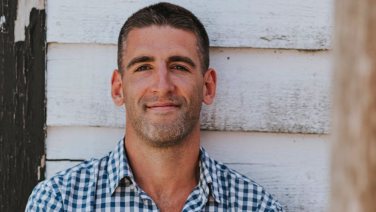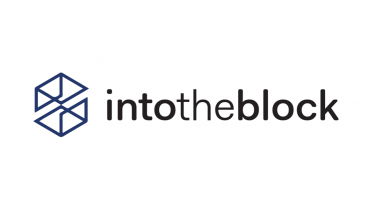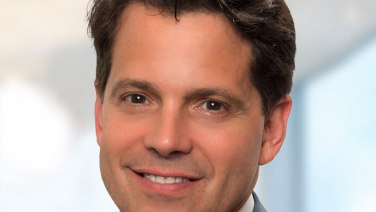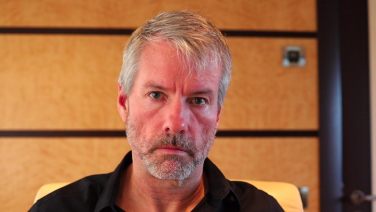 Interview
InterviewWhat is the recovery success rate? : Interview with Dave Bitcoin Wallet Recovery Services (All Interviews)
The customer is involved mostly in the initial stages of the recovery, providing me the wallet information and their password ideas. There are some wallets where only the owner can approve certain actions, so I need the cooperation of the customer. That is a nice feature of wallets such as blockchain.com and others with 2FA, where users will receive an email or text asking them “do you approve of this recent activity?”. For the password ideas, some customers have made their own lists of attempts they’ve made, and this can be a very helpful starting point. For some more esoteric wallet formats I’ve had customers do their own research into how I can add support for that wallet type, which has been quite helpful in more than a few cases.



















